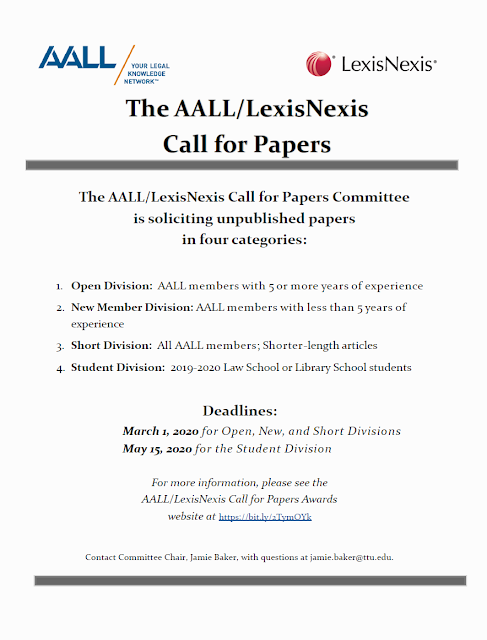Tech Capitalism & Library Culture
I appreciated Barbara Fister's take on the recent Amazon expose in the NYTimes.
What strikes me most from the perspective of an academic librarian is that [the expose] is basically the story of contemporary tech capitalism, which has had enormous influence on library culture and higher ed.
Faculty must publish more and gather metrics to prove that they’re not only producing more but in the right places using impact factors, which should never be used to evaluate the value of an article, but hey, it’s a number! It must be true! The anxiety level is ratcheted up as only select faculty from the right programs get prestigious jobs and most teaching is contracted out to underpaid independent creatives.That’s why you don’t get an office. They are only for our star employees, all six of them. New journals have to be launched to handle the overflow of perishable publications, but no problem, we'll just send the bill to libraries. When that well runs dry, we’ll have authors build the cost into their grants because tax-supported capitalism is a great investment in our national competitiveness. Libraries can be retrofitted to drive customer satisfaction,er, student success by housing student services in the library (one stop shopping!) and librarians will analyze all the data exhaust from websites and databases to link library use to GPAs. If we do our job right, the administration might show us mercy and we can escape the scythe of irrelevance until next year.
As Fister points out, this is a snarky take on the whole thing, but it does go to the notion of too much collective knowledge, ROI here and here, and relevancy, among other things.
As she goes on to mention:
So many of the fundamental values embedded in the business practices of tech giants whose platforms have become fundamental to the exchange of information today are hostile to library values which include access for all, social responsibility, democracy, diversity, lifelong learning, the preservation of culture, the public good, privacy, and intellectual freedom. Yes, service is also a library value. But service based on our values is not the same as delivering consumer goods more quickly and cheaply than the competition. The more we conflate consumerism with service for the public good, the harder it will be for public institutions like libraries and universities to do their essential work.
There are wonderful things to glean from the tech giants But when it comes to the pressure of always do more, something is lost in the quality. There's no time to consider process when we are constantly holding on for dear life and trying to defend our existence with impressive data.
What strikes me most from the perspective of an academic librarian is that [the expose] is basically the story of contemporary tech capitalism, which has had enormous influence on library culture and higher ed.
Faculty must publish more and gather metrics to prove that they’re not only producing more but in the right places using impact factors, which should never be used to evaluate the value of an article, but hey, it’s a number! It must be true! The anxiety level is ratcheted up as only select faculty from the right programs get prestigious jobs and most teaching is contracted out to underpaid independent creatives.That’s why you don’t get an office. They are only for our star employees, all six of them. New journals have to be launched to handle the overflow of perishable publications, but no problem, we'll just send the bill to libraries. When that well runs dry, we’ll have authors build the cost into their grants because tax-supported capitalism is a great investment in our national competitiveness. Libraries can be retrofitted to drive customer satisfaction,er, student success by housing student services in the library (one stop shopping!) and librarians will analyze all the data exhaust from websites and databases to link library use to GPAs. If we do our job right, the administration might show us mercy and we can escape the scythe of irrelevance until next year.
As Fister points out, this is a snarky take on the whole thing, but it does go to the notion of too much collective knowledge, ROI here and here, and relevancy, among other things.
As she goes on to mention:
So many of the fundamental values embedded in the business practices of tech giants whose platforms have become fundamental to the exchange of information today are hostile to library values which include access for all, social responsibility, democracy, diversity, lifelong learning, the preservation of culture, the public good, privacy, and intellectual freedom. Yes, service is also a library value. But service based on our values is not the same as delivering consumer goods more quickly and cheaply than the competition. The more we conflate consumerism with service for the public good, the harder it will be for public institutions like libraries and universities to do their essential work.
There are wonderful things to glean from the tech giants But when it comes to the pressure of always do more, something is lost in the quality. There's no time to consider process when we are constantly holding on for dear life and trying to defend our existence with impressive data.


Comments
Post a Comment